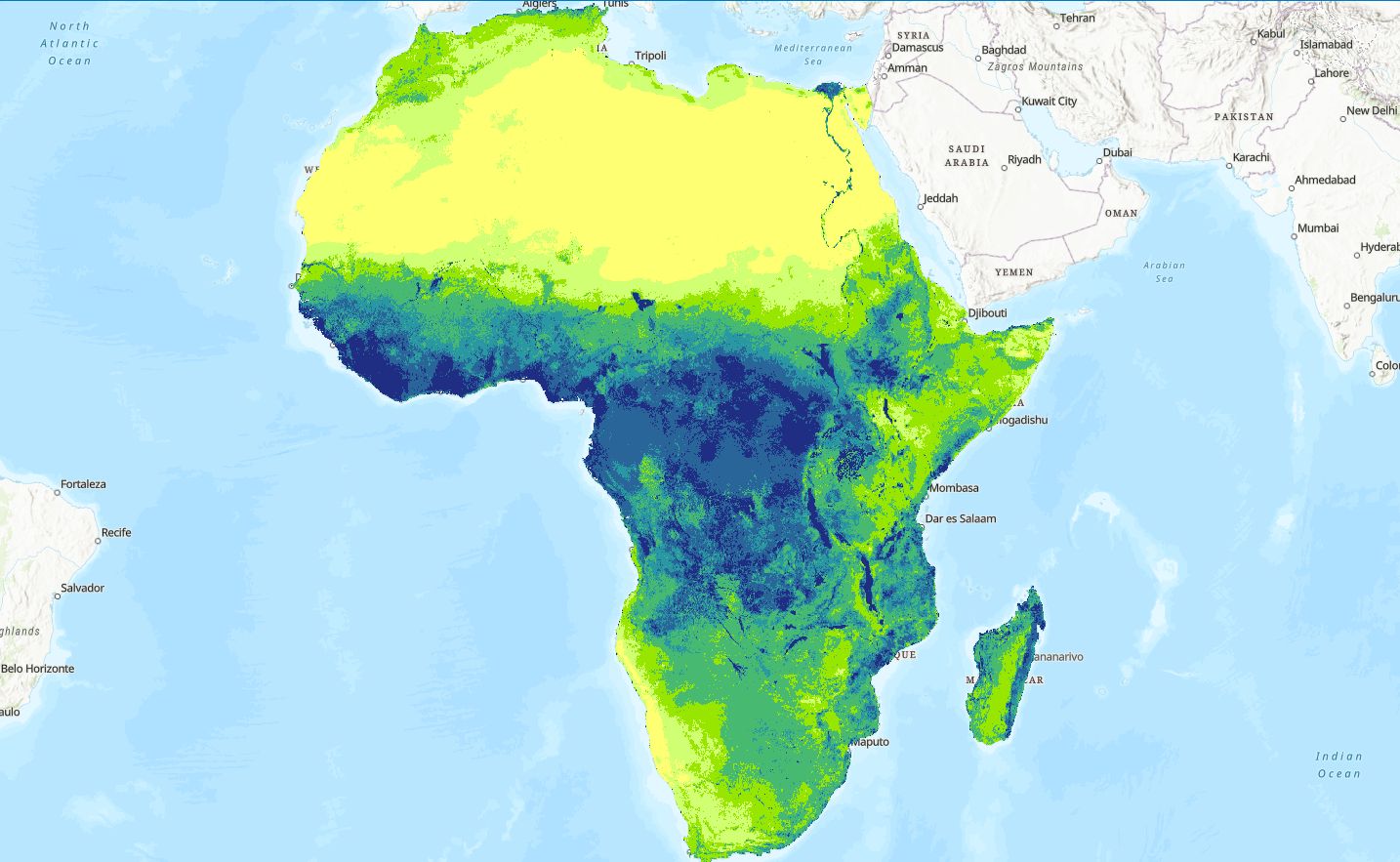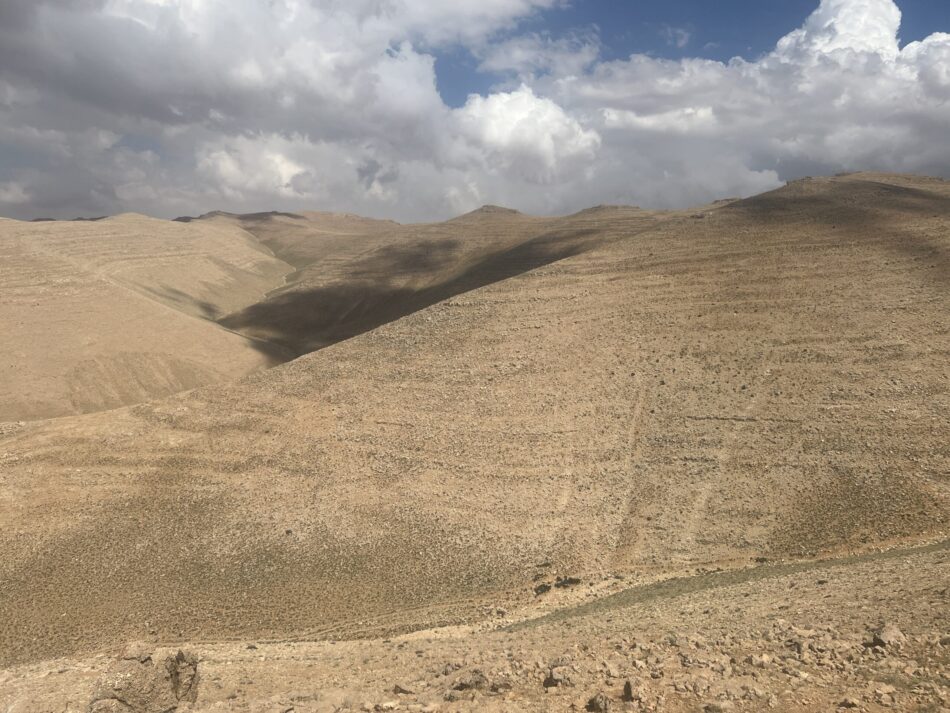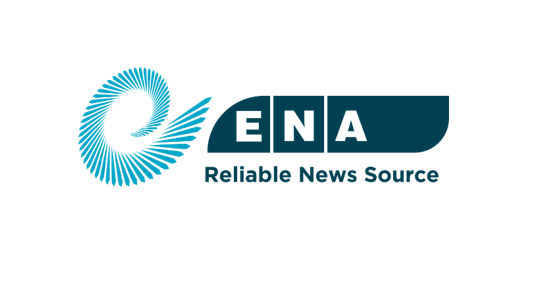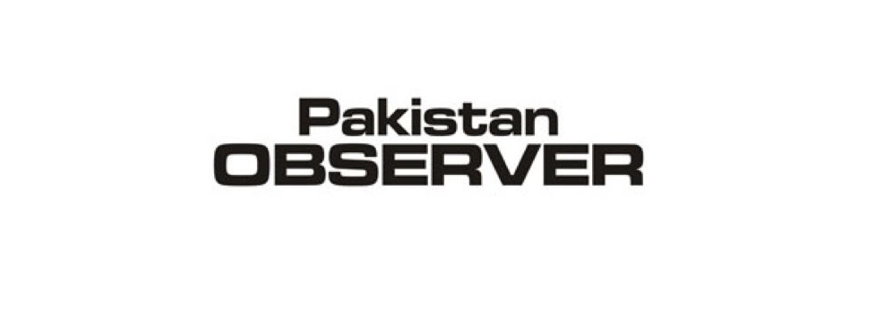WASPA Asia
 WASPA-Asia aimed to address the practical problems of wastewater management for use in agriculture in the project areas, including policy and institutional aspects. The project was undertaken in, Rajshahi in Bangladesh and Kurunegala in Sri Lanka between December 2005 and December 2008. Both cities have areas with inadequate sanitation facilities, open sewers and areas where wastewater is used untreated to irrigate agricultural land. These cities were selected because they are representative of hundreds of similar cities across Asia and therefore provide an opportunity to test solutions that could be applicable to many other cities in the region. For more information on the background conditions in the two cities see the background reports and summaries on the Publications page.
WASPA-Asia aimed to address the practical problems of wastewater management for use in agriculture in the project areas, including policy and institutional aspects. The project was undertaken in, Rajshahi in Bangladesh and Kurunegala in Sri Lanka between December 2005 and December 2008. Both cities have areas with inadequate sanitation facilities, open sewers and areas where wastewater is used untreated to irrigate agricultural land. These cities were selected because they are representative of hundreds of similar cities across Asia and therefore provide an opportunity to test solutions that could be applicable to many other cities in the region. For more information on the background conditions in the two cities see the background reports and summaries on the Publications page.
The project has directly contributed to improving sanitation, wastewater management and treatment, hygiene and wastewater agricultural practices to minimize existing health risks in the two cities. (For more information on the activities undertaken see the Learning Alliance page and the Activities page).
The project will impact in the longer term on the livelihoods of urban communities and farmers using wastewater, through improved health, better nutrition and agricultural incomes. It will also lead to reduced environmental degradation.
The project had three specific objectives:
- To improve knowledge generation and sharing, to strengthen the capacity of local stakeholders at various levels, including community members, government agencies, NGOs, community based organisations (CBOs), scientists and practitioners, and to improve collaboration between them, through the establishment of learning alliances (LAs).
- To minimise health risks by reducing urban water pollution through the development and implementation of participatory action plans for appropriate sanitation and wastewater management, in conjunction with improved household and food hygiene.
- To improve the livelihoods of poor farmers through the responsible utilisation of domestic wastewater in agriculture and to reduce the associated health risks to farmers and consumers of this agricultural produce.
Learning Alliances
The project achieved these objectives by engaging all relevant stakeholders in Learning Alliances. These are essentially stakeholder coalitions or networks at town and national level that bring together the main stakeholders including community members, government agencies, NGOs, community based organizations, scientists and practitioners. The Learning Alliances help to foster knowledge generation and sharing, which strengthens the capacity of local stakeholders and improves collaboration.
Participatory Action Plans
The Learning Alliances and the project team have worked together to develop and implement Participatory Action Plans to test appropriate technologies for sanitation, safe wastewater management and application in agriculture, as well as interventions to improve household and food hygiene. The Plans can be read on the Learning Alliance page and some of the Activities that have taken place are show cased on the Activities page. If you would like to learn more about the activities and how the Participatory Action Plans were developed and implemented please contact the WASPA team through Alexandra Evans a.evans@cgiar.org.
Knowledge Sharing and Capacity Building
The experiences gained in this project have been shared at different levels within the project areas, nationally and internationally, through specific knowledge sharing platforms and activities, such as workshops, individual meetings, focus group discussions, conferences and written materials. For more about these please see our Events page.
The project has made many changes in the cities, not just through the physical interventions but also in the knowledge and attitudes of stakeholders. Some of these changes were documented as part of the process monitoring strategy and the “change stories” can be read on the Process Monitoring page.
Project Partners
Please click on the logos to be taken to the project partner websites.

If you would like to receive any more information about the project please contact Alexandra Evans by email at a.evans@cgiar.org, by telephone on 0094 112787404 or by post at 127 Sunil Mawatha, Pellawatte, Battaramulla, Sri Lanka.










